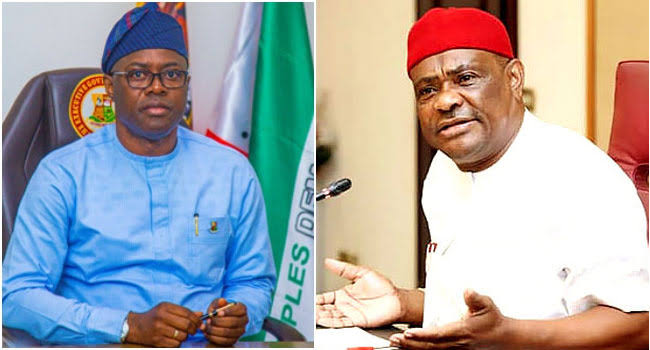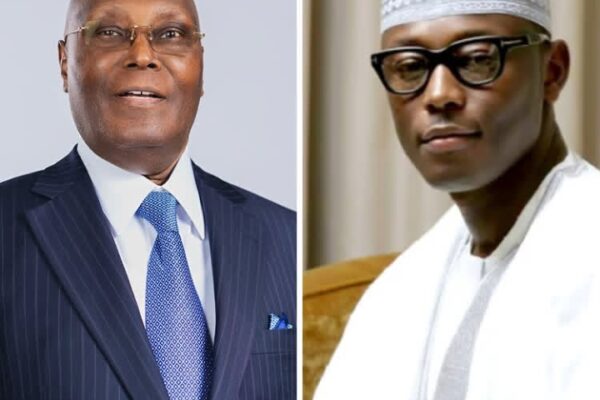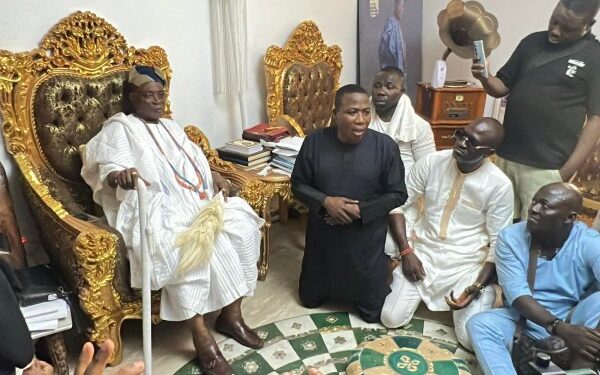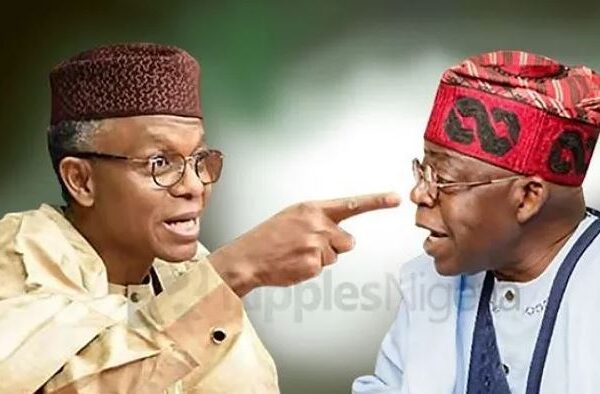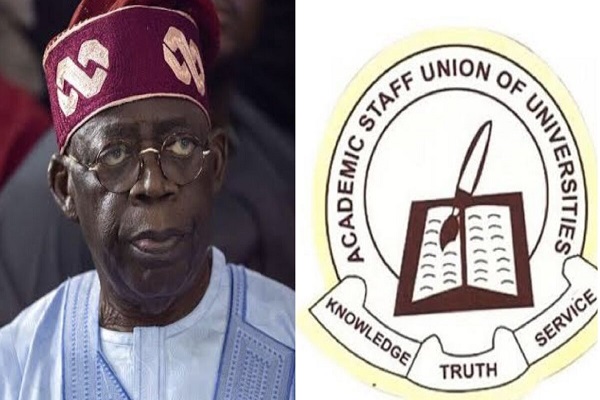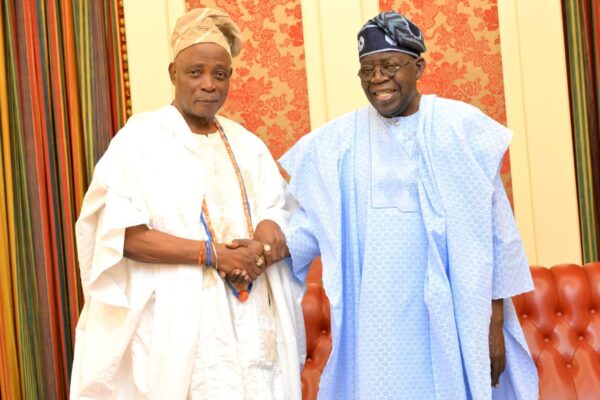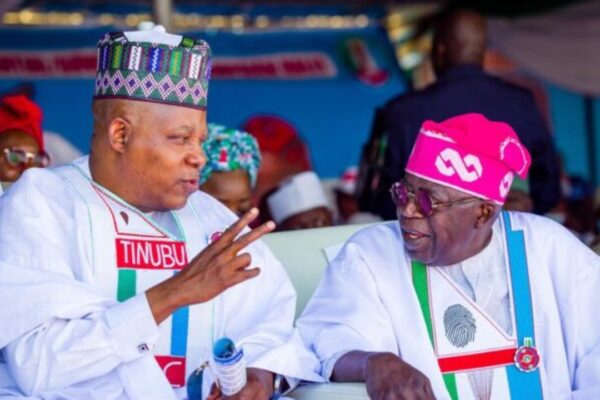
APC Dismisses Speculation About Replacing Vice President Shettima Ahead Of 2027 Election
The All Progressives Congress (APC) has rejected claims that Vice President Kashim Shettima could be dropped as President Bola Tinubu’s running mate in the 2027 general election. APC’s national publicity secretary, Felix Morka, stated on Monday that reports suggesting Shettima’s replacement are “purely speculative, untrue and utterly baseless.” He called on media organisations to avoid giving platforms to “rumour-peddlers and mischievous news sources” whose aim is to create confusion and discord. Speculation had circulated that figures such as Sokoto Catholic Bishop Matthew Kukah, former House Speaker Yakubu Dogara, and Defence Minister Lt. Gen. Christopher Musa (rtd) could take Shettima’s place. The claims drew reactions from party members, including Minister of Culture, Tourism and Creative Economy Hannatu Musawa, who warned that removing a Northern Muslim from the ticket could weaken APC’s chances in 2027. Morka noted that earlier stories about Shettima’s possible replacement were subtle but have recently escalated, with specific names being circulated. He urged ministers, senior government officials, and APC leaders to focus on their responsibilities and support the party’s agenda rather than fuel unnecessary speculation. “Our Party remains committed to supporting President Tinubu and Vice President Shettima in implementing the Renewed Hope Agenda, advancing reforms that are transforming the economy, creating prosperity, and improving living conditions for Nigerians,” the statement read. He added that officials should concentrate on diligent service to the government and party while strengthening the achievements of President Tinubu, whom he described as “our inimitable and visionary leader.”

